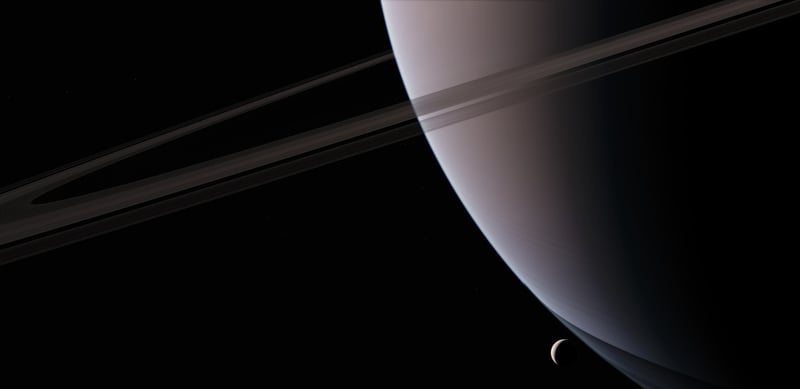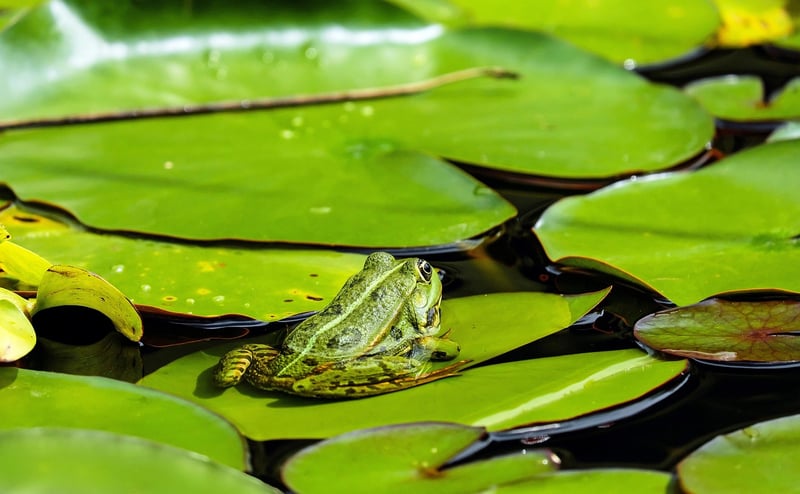Life on Enceladus
Exploring Life's Origins in the Universe
Life's origins have been a subject of fascination for centuries. The quest to understand how life began in the vast universe continues to intrigue scientists and enthusiasts alike. From the primordial soup theory to panspermia, various hypotheses have been proposed to explain the emergence of life on Earth and potentially elsewhere in the cosmos.
The Primordial Soup Theory
The primordial soup theory suggests that life originated in a prebiotic soup of organic molecules under the right conditions of early Earth. This hypothesis proposes that the combination of energy sources such as lightning, volcanic activity, and UV radiation triggered chemical reactions that led to the formation of the building blocks of life.
Panspermia: Seeding Life Across the Universe
Another intriguing concept is panspermia, which posits that life may not have originated on Earth but arrived from elsewhere in the universe. This theory suggests that microorganisms or biochemical compounds could have traveled through space and seeded life on our planet, or even other celestial bodies.
Life on Enceladus
One of the fascinating places in our solar system that has captured scientists' attention in the search for life beyond Earth is Enceladus, one of Saturn's moons. Enceladus is an icy moon with a subsurface ocean beneath its frozen surface. This ocean is believed to contain hydrothermal vents that could provide the necessary conditions for life to thrive.
Potential for Life
The presence of liquid water, organic molecules, and energy sources on Enceladus makes it a compelling target for astrobiological studies. Scientists speculate that microbial life similar to extremophiles found on Earth could potentially exist in the subsurface ocean of Enceladus.
Exploration Missions
NASA's Cassini spacecraft made several flybys of Enceladus, providing valuable data about the moon's geology, plumes of water vapor erupting from its surface, and the composition of its subsurface ocean. Future missions are being planned to further explore Enceladus and investigate the possibility of life beneath its icy crust.

Exploring life's origins in the universe and the potential for life on celestial bodies like Enceladus continues to push the boundaries of our understanding of the cosmos. Whether life originated on Earth through natural processes or was brought here from distant worlds, the search for life beyond our planet fuels scientific curiosity and exploration.
